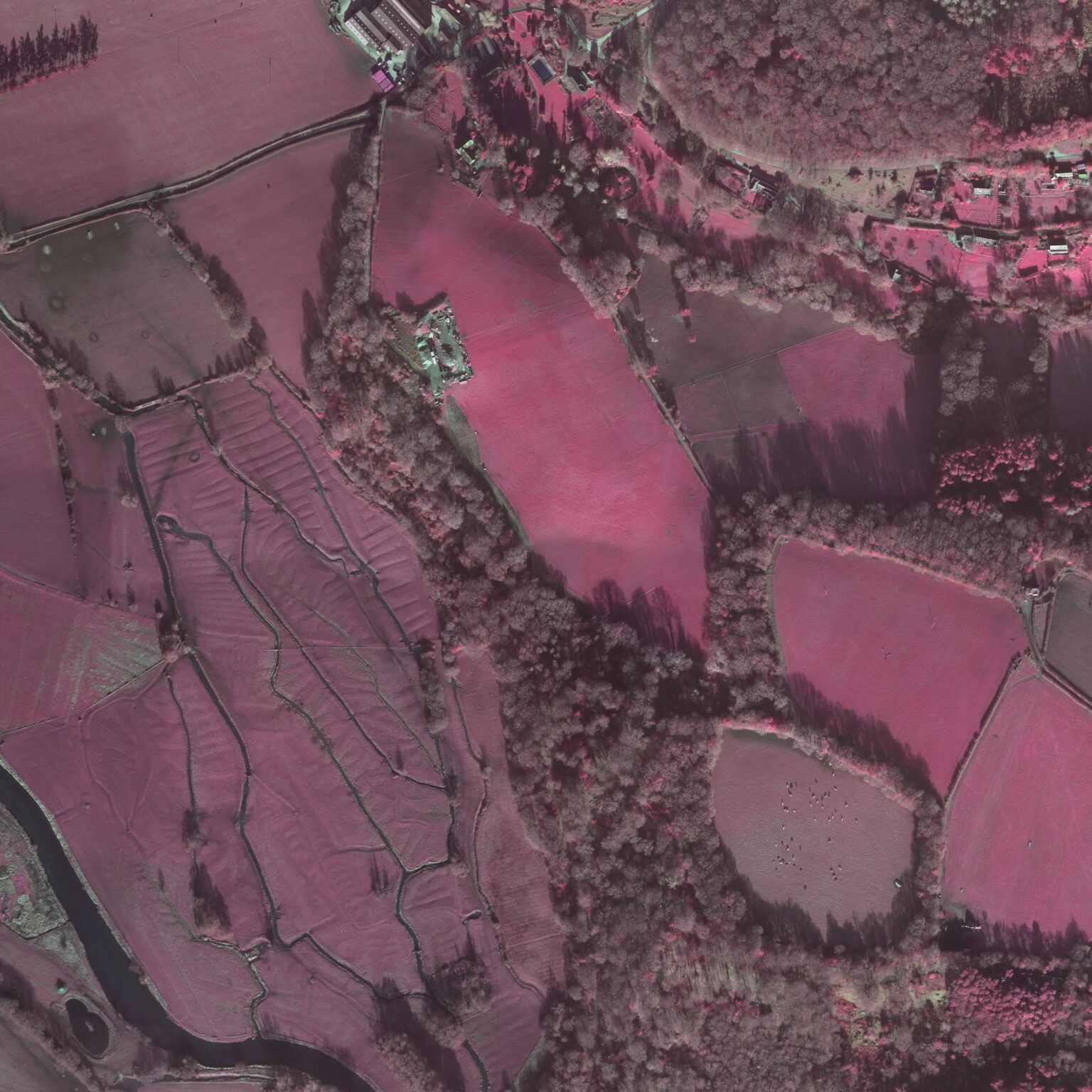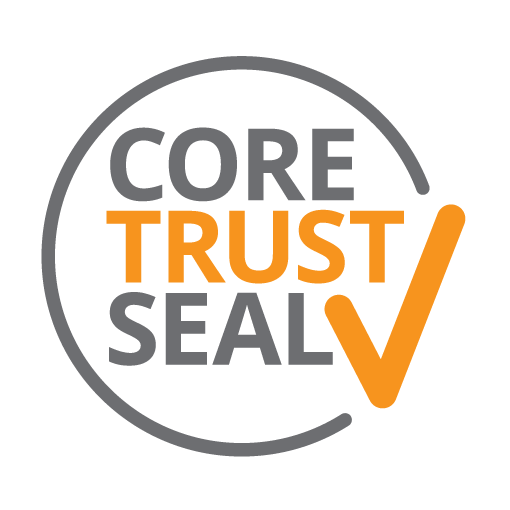Preparing your archive
Standards and guidelines for depositing digital archives in archaeology
Within the UK and US, a number of archiving guidelines are already mandatory for certain sectors within the discipline of archaeology.
- Museum curators working in UK museums that are accredited by the Museums and Galleries Commission should adhere to the Museums and Galleries Commission (1992) and Society of Museum Archaeologists (1993; 1995) guidelines for archive access, deposition, recording, and storage
- Archaeologists funded by Historic Scotland must adhere to Publication and Archiving of Archaeological Projects (1996a) and the Guidelines for Archiving of Archaeological Projects (1996b)
- Projects funded by English Heritage must conform to the Guidelines known as MAP2 (English Heritage (1991)
- Projects in Wales should be aware of the developing strategy for archaeology in Wales (Cadw and RCAHMW 1998)
- Archaeologists creating digital data with funds received from research councils or other funding bodies should be aware that many require the deposition of a digital archive with a suitable (often designated) digital archive.
Archiving requirements in project designs or specifications
Special reporting and archiving requirements are often included in project designs or specifications and can vary on a case-by-case basis. For many UK-based projects, and in particular those undertaken as part of the development process, a requirement is often made by the Historic Environment Record or Sites and Monuments Record that the work is reported via the OASIS[1] system. For projects with specific funding streams, particular requirements or archives may be specified. In the case of the Natural Environment Research Council (NERC), for example, the provision for archiving data is ensured through their support of six specialist data centres. For science-based archaeology projects, however, NERC recommend that datasets are deposited with the ADS[2].
Repositories for archaeological digital archives
Although the general awareness of issues involved in collecting and curating digital archives has been raised significantly over the last ten years through the work of organisations like the Digital Preservation Coalition, the conclusion of the Swain Report (1998) that ‘most museums do not have the correct technology to store, access and curate in the long-term those archives for which computer files play an important part’ still largely stands as evidenced by the recent report by Ottoway (2010) and recent initiatives in marine archaeology (as described in the Marine Guide).
It should be the responsibility of those managing archaeological resources in a region to liaise over how best to manage the digital resource for their area (whether locally or through an appropriate national agency) and then articulate this to contractors. It is recommended that fieldworkers consult with the relevant museum, national monuments record, SMR/HER, or other archive repository that will receive the rest of the project archive about their digital archiving policies. If, following this consultation, there is doubt about what to do with digital archives, fieldworkers are recommended to contact an appropriate national archive (e.g. the ADS in the UK) for information.
[1] http://www.oasis.ac.uk
[2] https://www.ukri.org/councils/nerc/facilities-and-resources/find-a-nerc-facility-or-resource/#contents-list
References
Cadw and RCAHMW (1998) Strategy for Recording and Preserving the Archaeology of Wales.
English Heritage (1991) Management of Archaeological Projects, 2nd edition.
Museums and Galleries Commission (1992) Standards in the Museum Care of Archaeological Collections.
Ottaway, P. (2010) ‘Assessment Of Archaeological Collecting: A Project Report’. PJO Archaeology & MLA Renaissance Yorkshire.
Society of Museum Archaeologists (1993) Selection, Retention and Dispersal of Archaeological Collections. Guidelines for use in England, Wales and Northern Ireland.
Society of Museum Archaeologists (1995) Towards an Accessible Archive. The Transfer of Archaeological Archives to Museums: Guidelines for Use in England, Northern Ireland, Scotland and Wales.
RCAHMS (1996a) Publication and Archiving of Archaeological Projects
RCAHMS (1996b) Guidelines for Archiving of Archaeological Projects.
Swain, H. (1998) ‘A Survey of Archaeological Archives in England’. English Heritage and Museums & Galleries Commission, London



